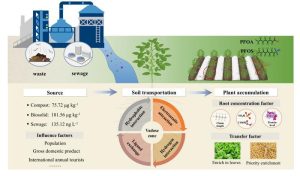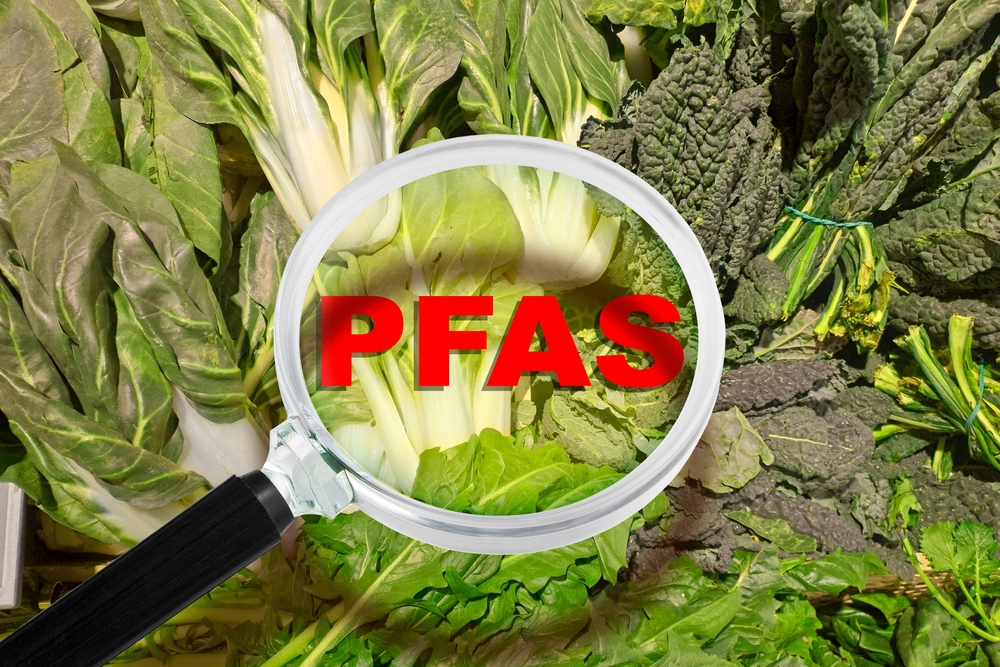Large reviews have raised the risk of PFA contamination in agricultural soils, causing warnings about the impact on food safety and human health around the world.
Polyfluoroalkyl materials (PFAs), often referred to as “Forever Chemicals,” are increasingly entering farmland through biosolids and recycling of wastewater irrigation.
When deposited in soil, these persistent contaminants can penetrate crops and contaminate the human food chain.
The long legacy of PFA
First created in the 1940s, PFA is widely used in non-stick cooking utensils, food packaging, fire foam, textiles, cosmetics and more.
Their durability comes from extremely strong carbon-fluorophore bonds and makes them resistant to natural failures.
This property makes PFA valuable in the manufacturing industry, but has transformed them into one of the most sustained chemical contaminations.
Scientists are increasingly linking to exposing PFA to serious health risks, including hormone destruction, reproductive problems, and long-term toxicity.
Research highlights the risks of agriculture
This review examined the United Nations global waste data along with 115 research papers from 2005 to 2025.
The findings identified nutrient-rich residues-biosolids from sewage treatment plants as the dominant source of PFA contamination entering the farmland.
Geographical hotspots of pollution risk were highlighted in Western Europe, Australia and East Asia, where wastewater reuse and biosolid application are widespread.
How PFA behaves with crops
One of the most concerning revelations of research is how PFA interacts with plants. Long chain PFAs tend to adhere firmly to soil particles and accumulate in plant roots.
In contrast, short chain PFAs are very mobile and move with water through plant tissue and are concentrated in edible parts such as leaves and grains.
Among the staple foods, soybeans were particularly vulnerable, absorbing higher PFA levels due to their protein-rich composition compared to rice, wheat and corn.

Weak PFA regulations leave gaps
Despite increasing evidence of danger, global regulations remain patchy. Only a few countries, including the US, Germany and Australia, have limits on the PFA levels of biosolids used for agricultural purposes.
Most of the region still lacks enforceable standards, putting farmers and consumers at hidden risks.
Researchers emphasize that limiting the use of PFAS contaminated waste is the most effective strategy to prevent soil contamination, rather than relying solely on expensive cleanup efforts.
Seek smarter surveillance
To tackle this growing challenge, this review recommends the development of a predictive model that combines soil properties with PFA migration patterns.
Such tools can help regulators and farmers assess risk more accurately across diverse agricultural systems. As circular economy practices expand worldwide, experts warn that sustainable recycling should not come at the expense of spreading PFA pollution in food supplies.
Source link

